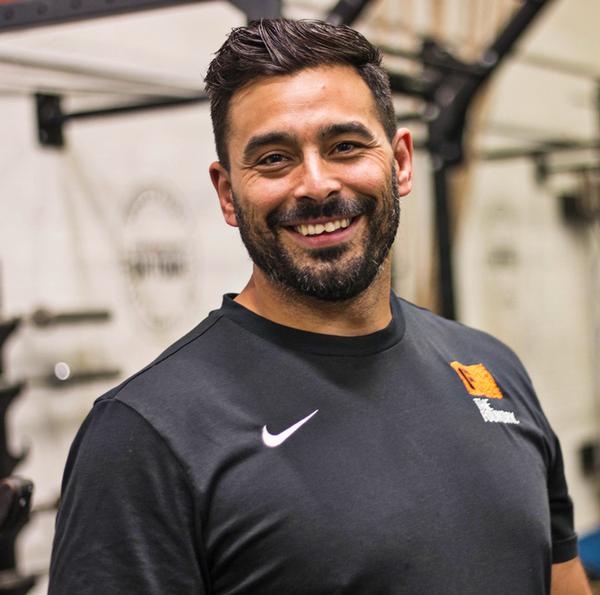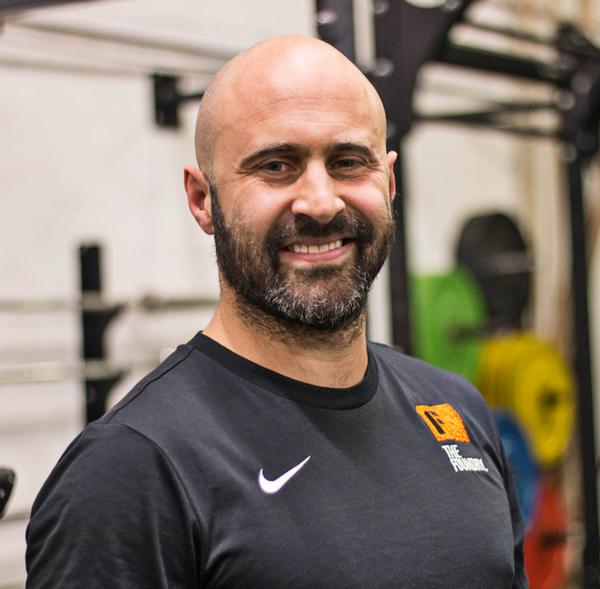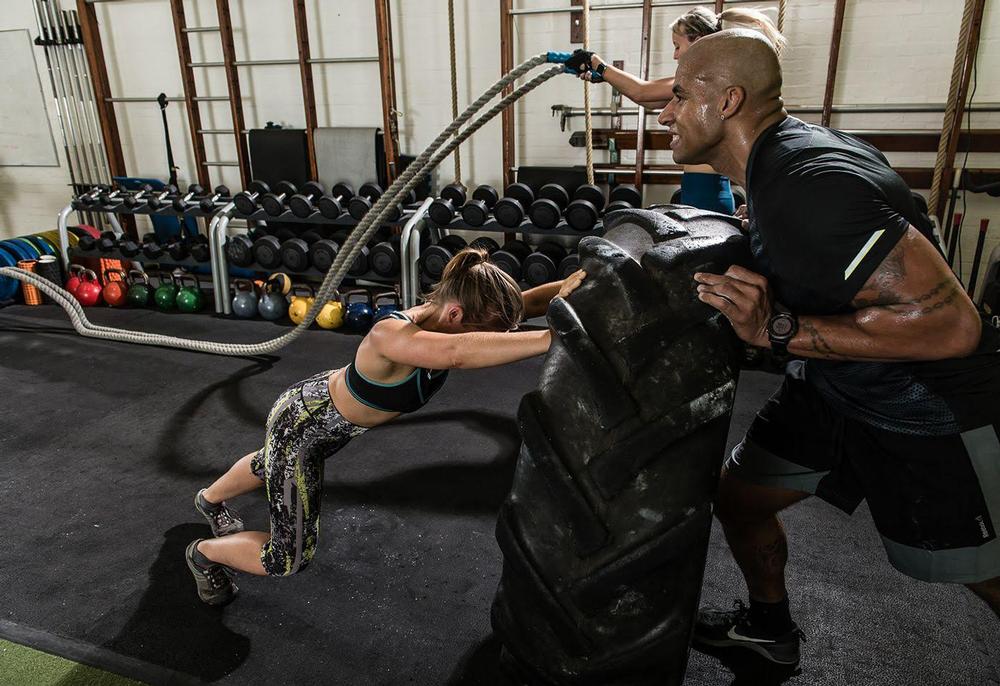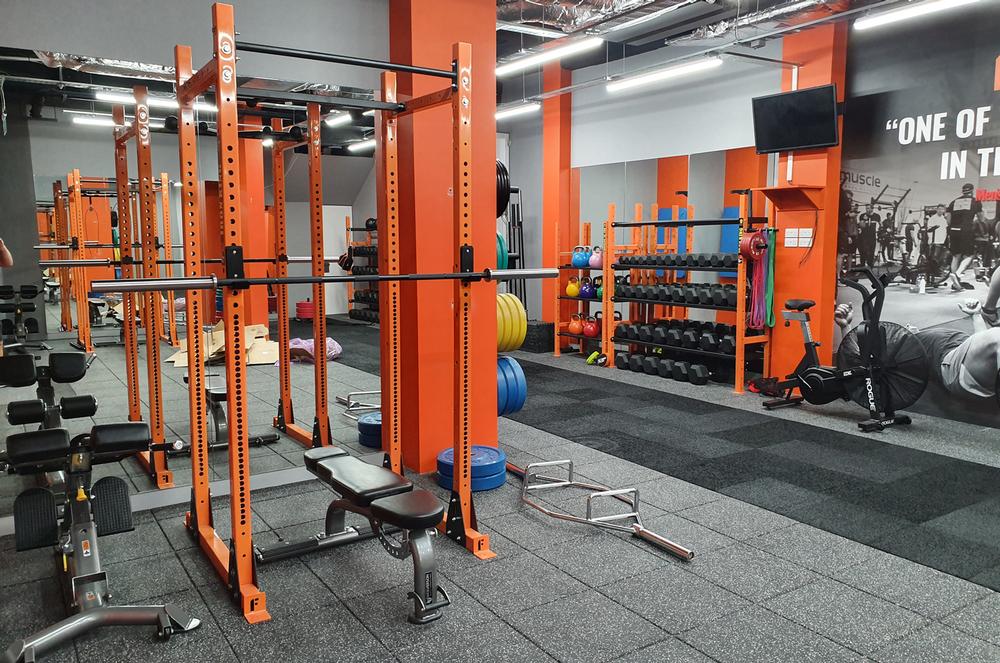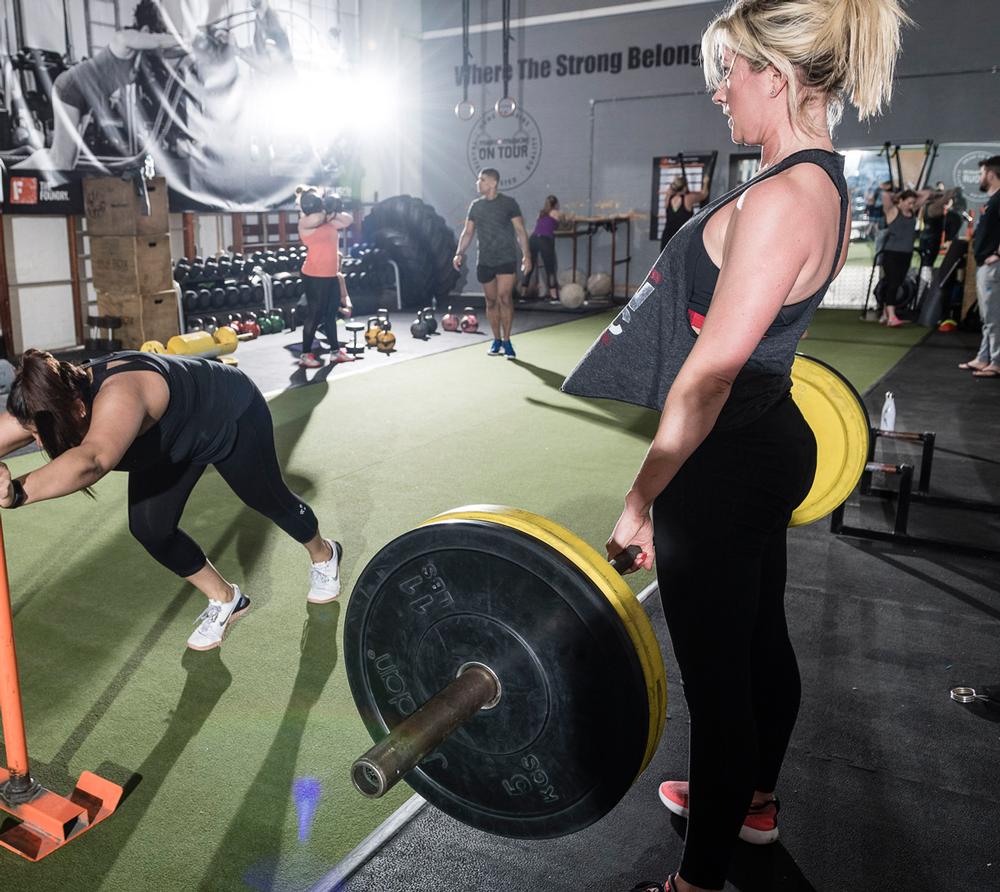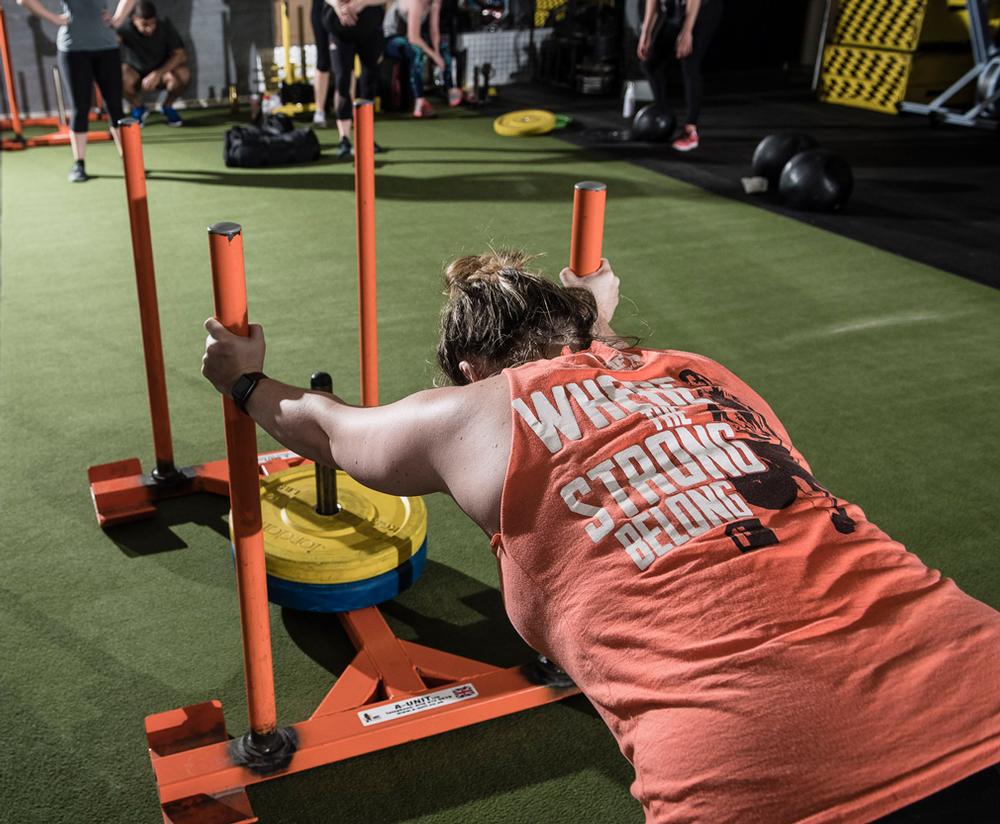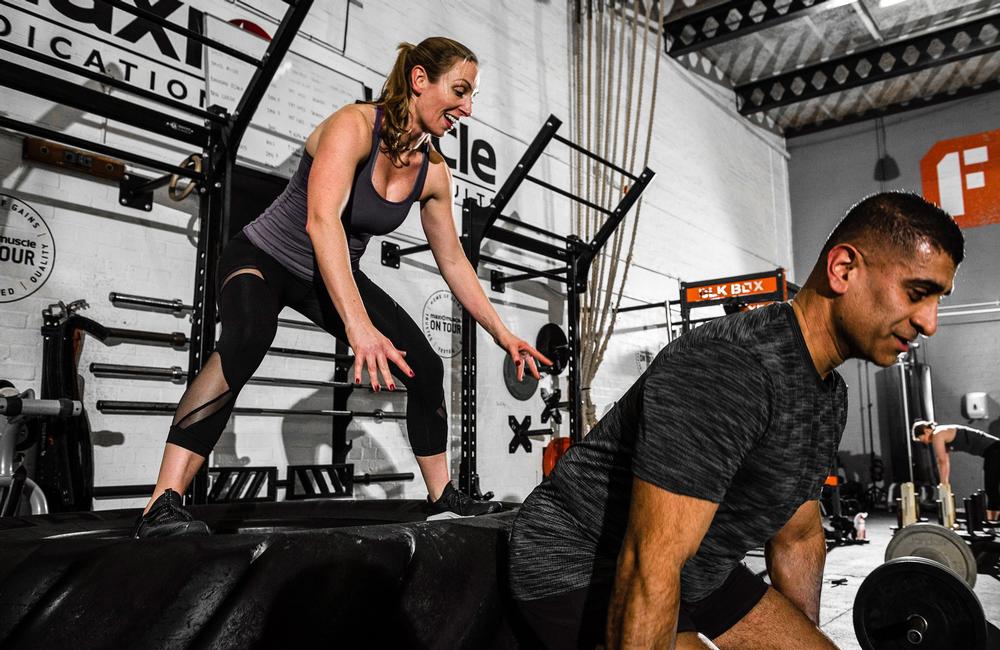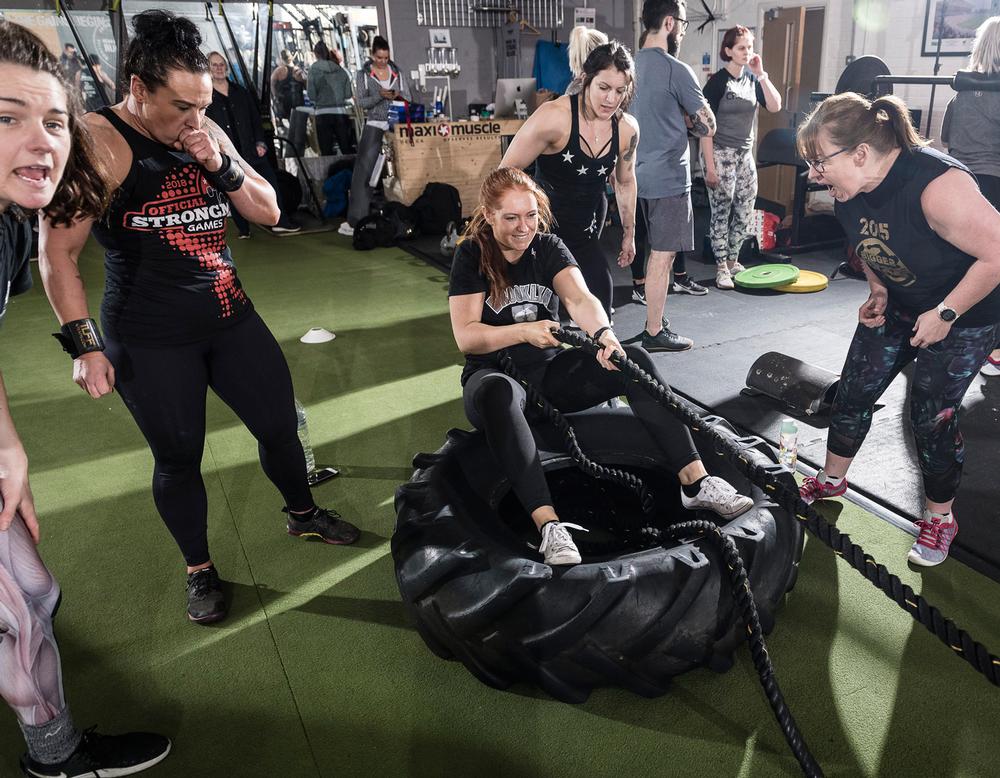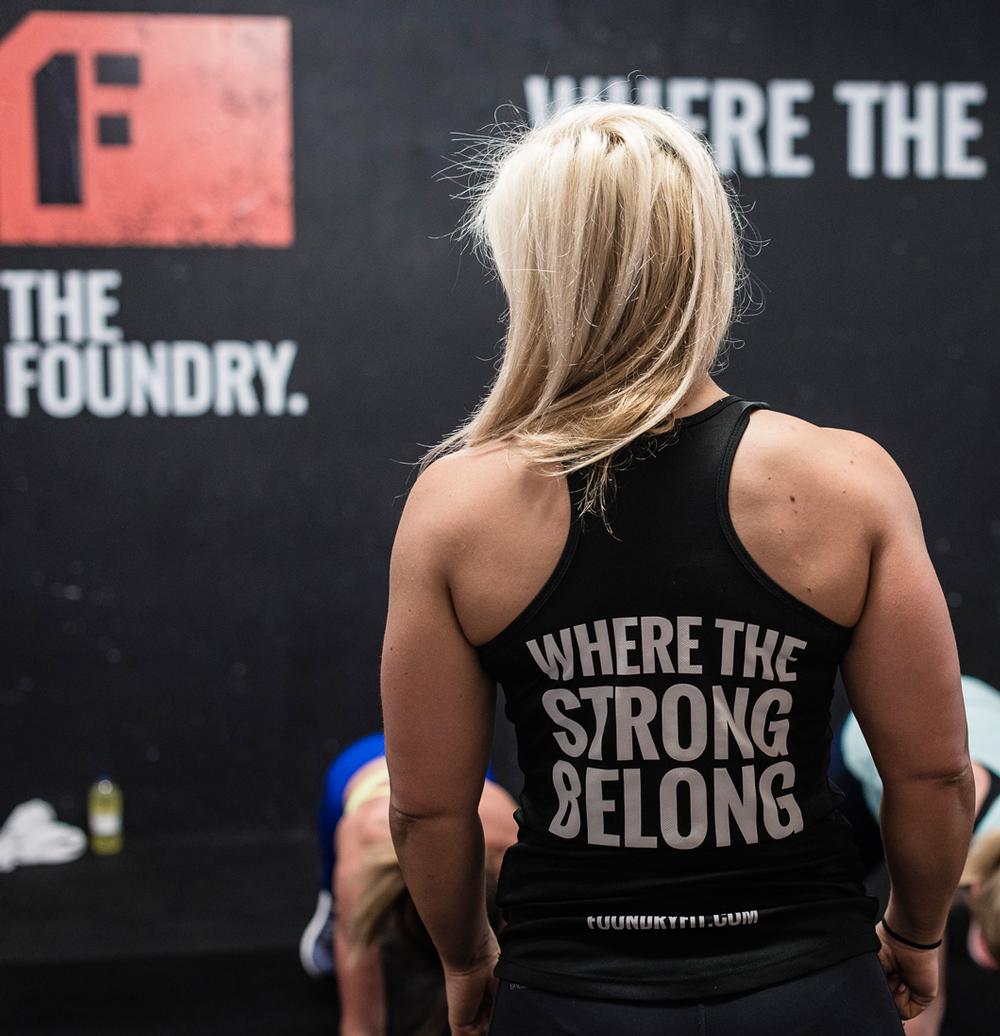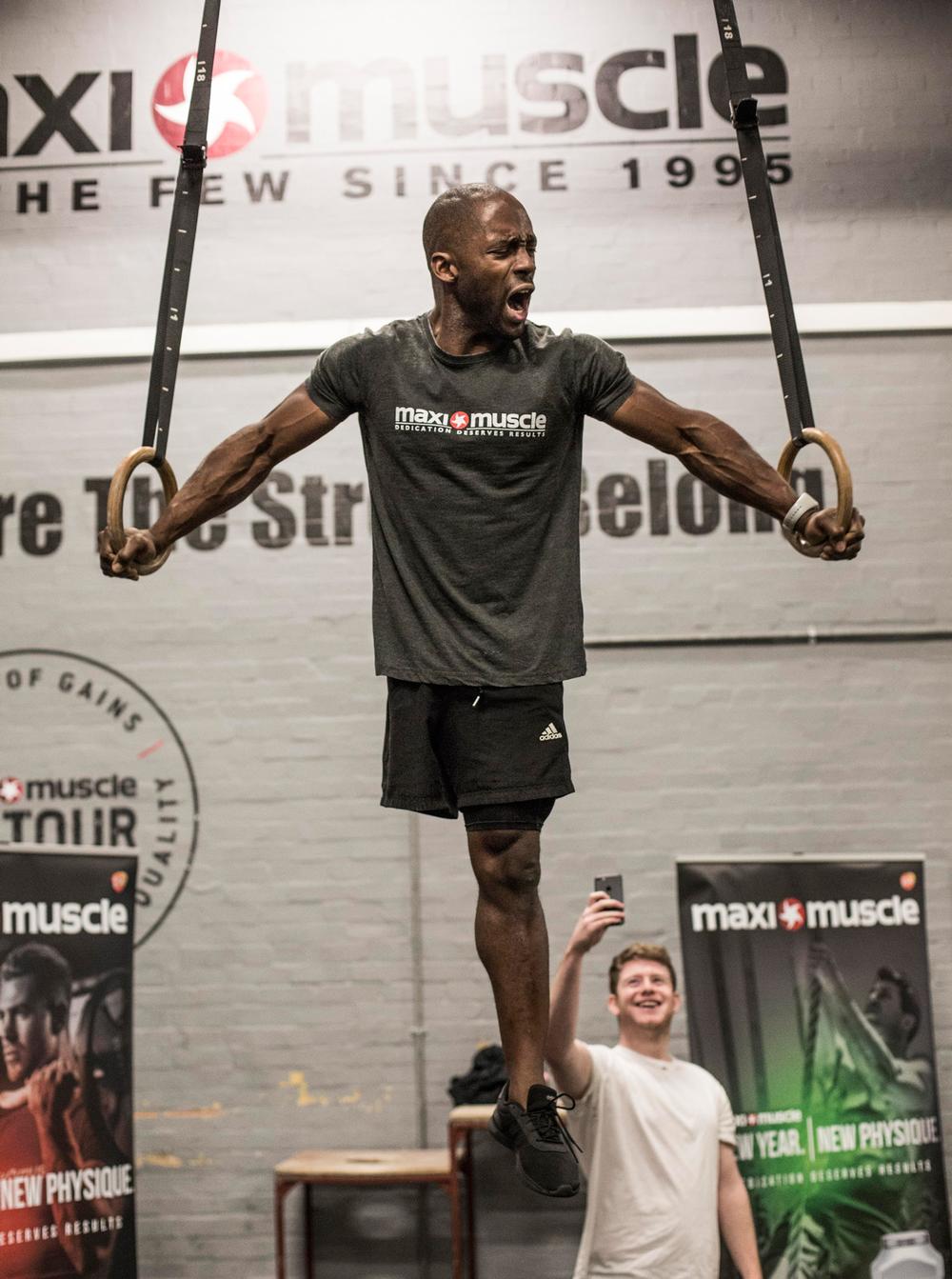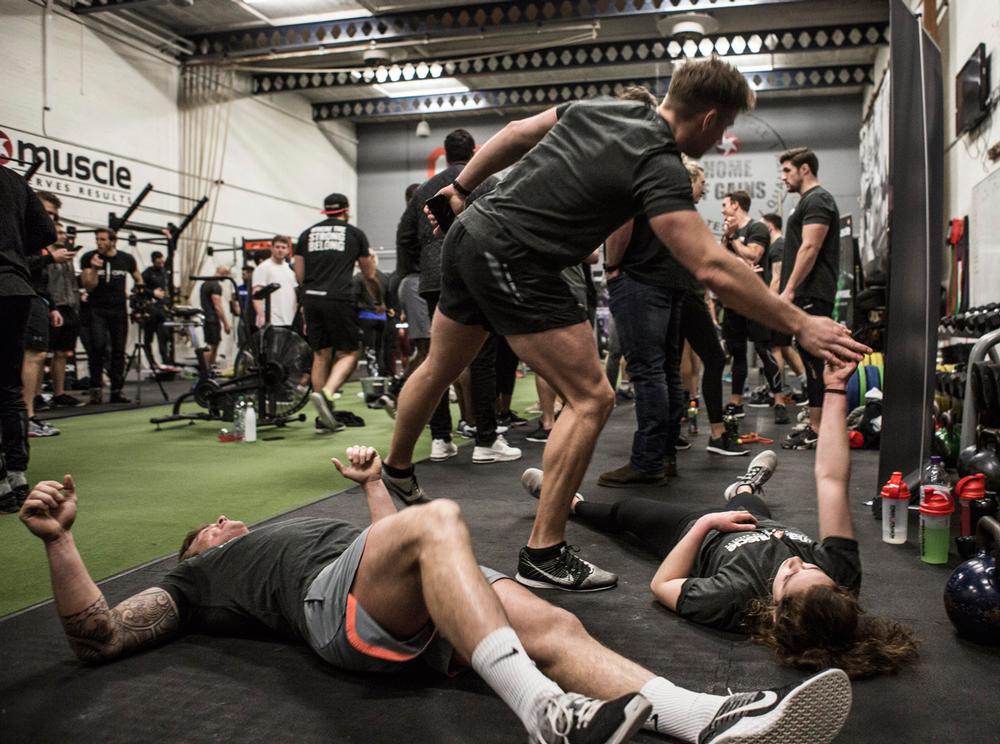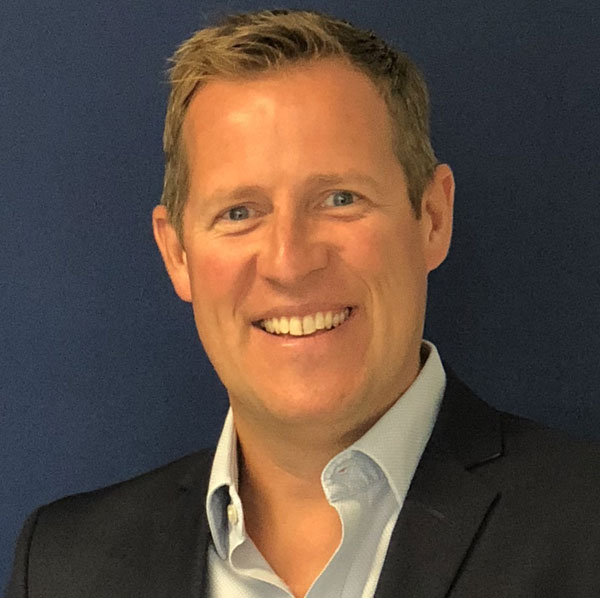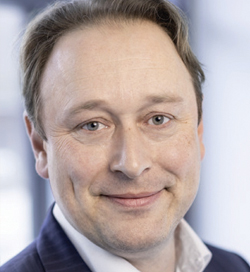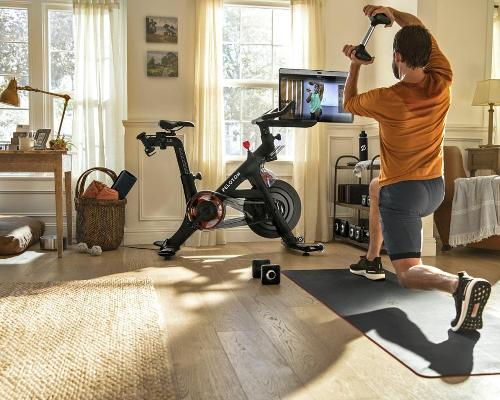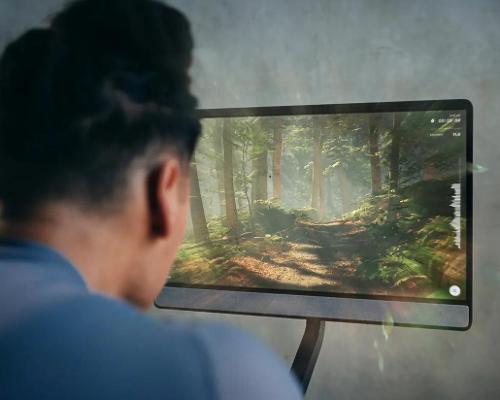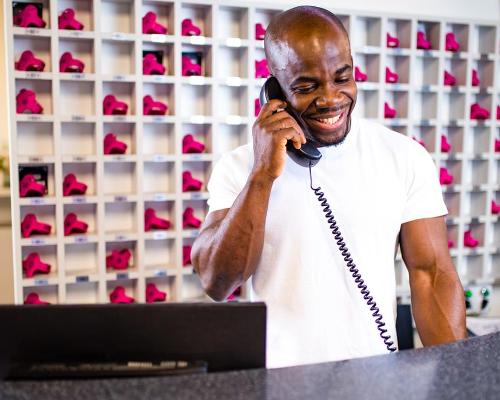How did The Foundry begin?
Ben and I were introduced by a mutual friend, who we both knew through rugby. Ben was running an outdoor bootcamp for women, which was aimed at empowering them via strength based exercises. I was taking a sabbatical after selling a former gym group and we felt we could work well together. We started running outdoor bootcamps, but got so busy that we needed a venue.
By chance, I came across an ideal location in Vauxhall. Owned by the Black Prince Trust, it was currently vacant, but the trust wanted to open a community-based gym. We tendered, with the main USP being the offer of free and subsidised training for those receiving state support. We won the bid in December 2015 and had a week to turn around to be ready for the new year rush.
Over the next year the club went from strength to strength, especially after being featured in Men’s Health magazine as one of the world’s best gyms. In March 2017, the opportunity came along to take over a space in Old Street. Like the first site, we self funded it and called in family, friends and even clients to decorate it over a weekend in order to launch.
What is Foundry Inclusive Training?
This is our charitable arm and one of our founding philosophies. We offer free gym access from 9am to 10am and 2.30pm to 4.30pm for people receiving state support, as well as a heavily subsidised community class at 10am each day, which only costs £5 (instead of £20).
We also run specific sessions for those with mental health issues, a walking group and a youth academy for 11 to 16 year olds, which is free to anyone from any background. We work with the prison service to offer ex-offenders a second chance and run mental health awareness workshops and events, collaborating with guest speakers who specialise in this field.
Community is a strong part of The Foundry’s ethos, how do you build this?
In the semi-private PT sessions we make sure that everyone is introduced to each other, as they are always training in different groups it means they are always meeting new people. We hold member events throughout the year, such as hiring an obstacle course race.
Our Combine class also works on team building. It involves the participants being split in to teams of five, which compete to be at the top of the leader board, based on how many calories are burned, or reps racked during a circuit. Endurance, strength and ability to communicate with your team all count.
I think the charitable arm also helps the community aspect. Members like feeling they are giving others a helping hand and we have several full paying members who once benefited from free or subsidised workouts, and have stayed with us when their fortunes turned.
All of your staff are full time employed, why did you move away from the freelance model?
We made the change at the end of 2017. It was partly for philosophical reasons, but we were also tired of the freelance model. Although the advantage is that you only have to pay staff when you need them, we frequently had problems getting instructors because they had commitments elsewhere. We wanted to have consistent staff, which would then provide consistency to our customers. So we decided to put all of our trainers onto full time employment contracts, with pensions, paid holiday, sick leave and profit share.
It was a very expensive decision, and a terrifying responsibility to have 22 full time staff, equally it required a mindset shift for many of the team, as employment can mean less flexilibity. However, they do now benefit from the perks and security of employment. Despite the initial cost, we maintain it was the right decision, and we are very pleased with the outcome. We no longer have any staffing issues, feel like our team are all paid a fair, London wage and we have only lost staff through emigration or exploring other industries. One unique perk we offer is our personal trainers can use the gym and studios for free to run PT sessions outside of their contracted hours. In this industry, people are our product and the strength in our armour, so we must look after them.
You have just launched the third site, in three years, at Bank, how did this one come about?
A previous fitness operator had sadly failed. Fortunately for us, this location and demographic is integral to our product and is equidistant between our existing clubs, being well placed for the City. It also expands our multi-site offering.
Up until now we have deliberately self-funded, but for the third site we have leveraged some debt and accepted a six figure investment. We have also implemented more of a management structure, appointing a general manager at each site and appointing Amanda Hart, previously of Soho Gyms, as overall managing director to support our future growth and strategy implementation.
How much does it cost to be a member?
Drop in classes cost £20 and we have different memberships, include a class only membership which costs £149 and semi-private PT, which involves working in a group, but each with their own programme. It has all the benefits of 1:1 PT, while being slightly less in depth and much cheaper. A popular membership is eight semi private sessions and unlimited classes for £349.
Who are your members?
Because of our strong focus on community and inclusivity they really do range from unemployed, and even homeless, to CEOs and board members of major institutions and celebrities. However, the most popular demographic for classes and the gym, is the 25 to 35 year olds. The semi-private PT appeals mainly to stressed out city workers.
What are your future plans?
We want to expand to four to five sites withing London and then move outside within the next 18 months. I believe there is an opportunity in many other UK cities.
Also we will be looking at setting up other revenue streams, including retail in the clubs, but also seminars and workshops that are aimed at other industry professionals.
What do you predict will happen in health and fitness?
There is so much saturation in the London market that I do think there will be a contraction. But I think the appetite for fitness will continue, it amazes me to see how many people trade their Fridays at the pub for Fridays at the gym.








